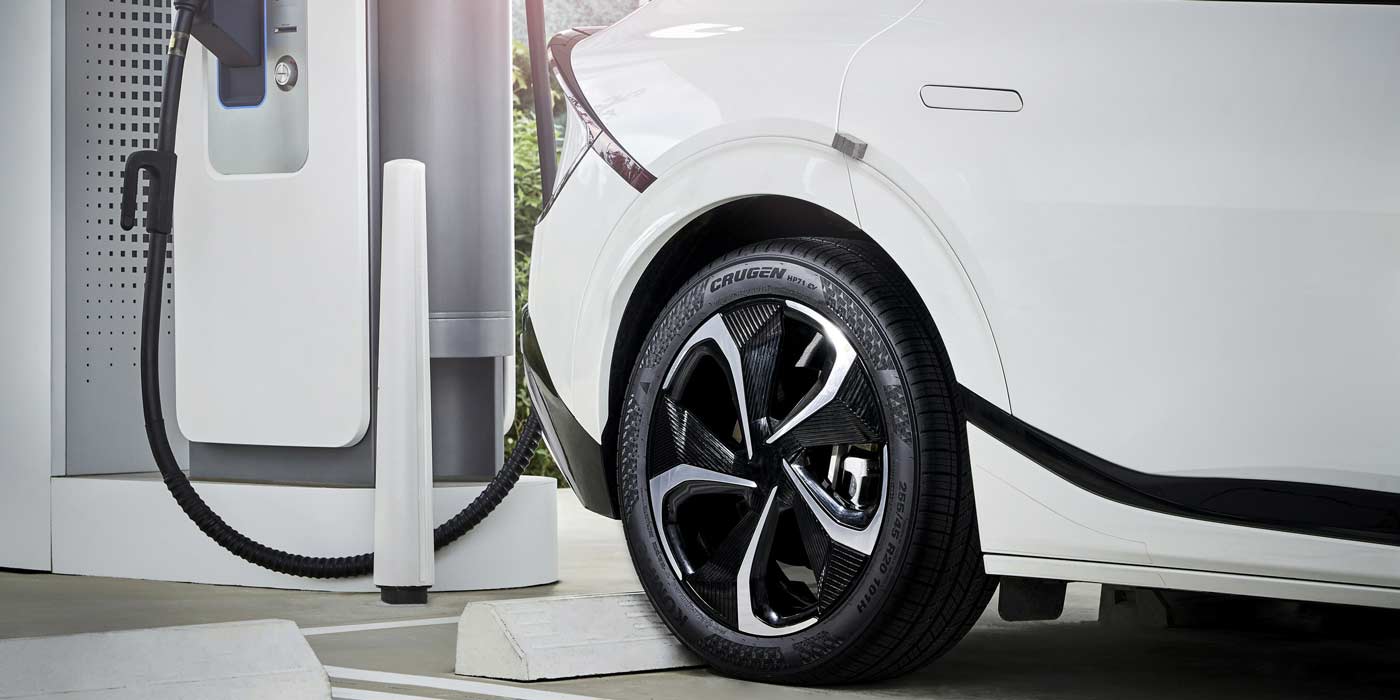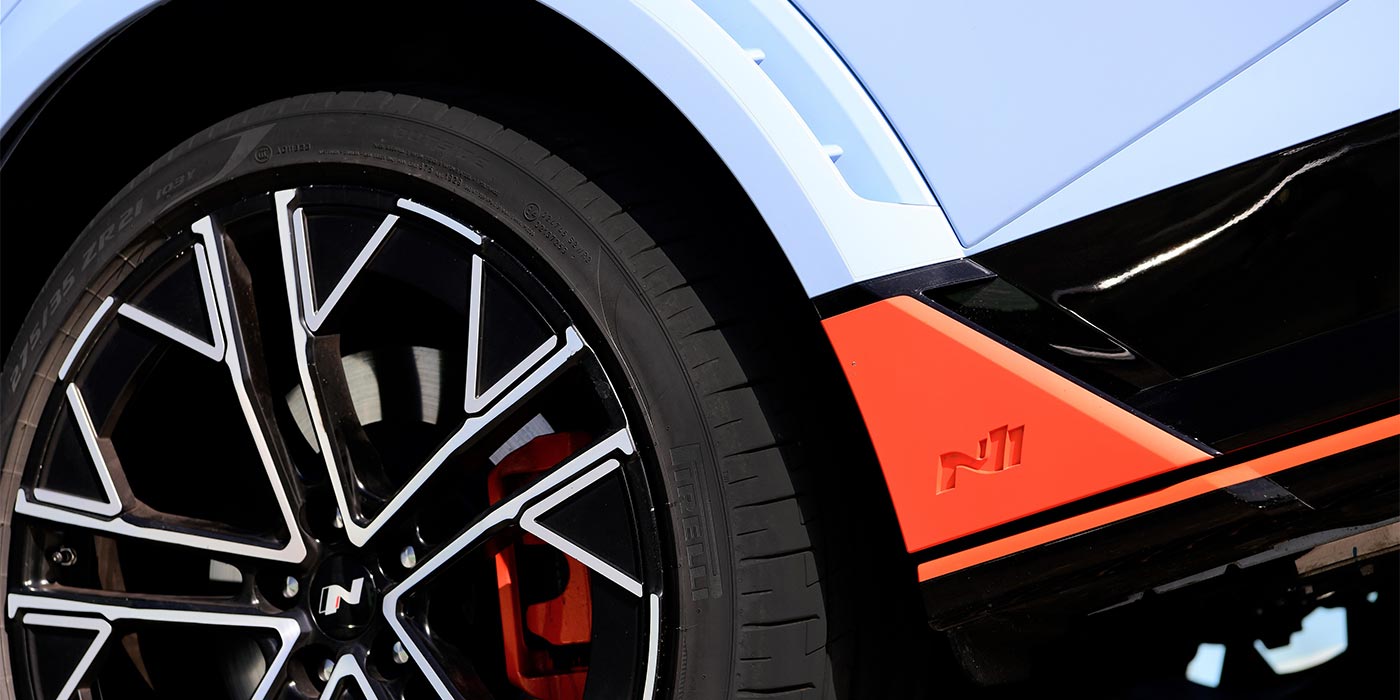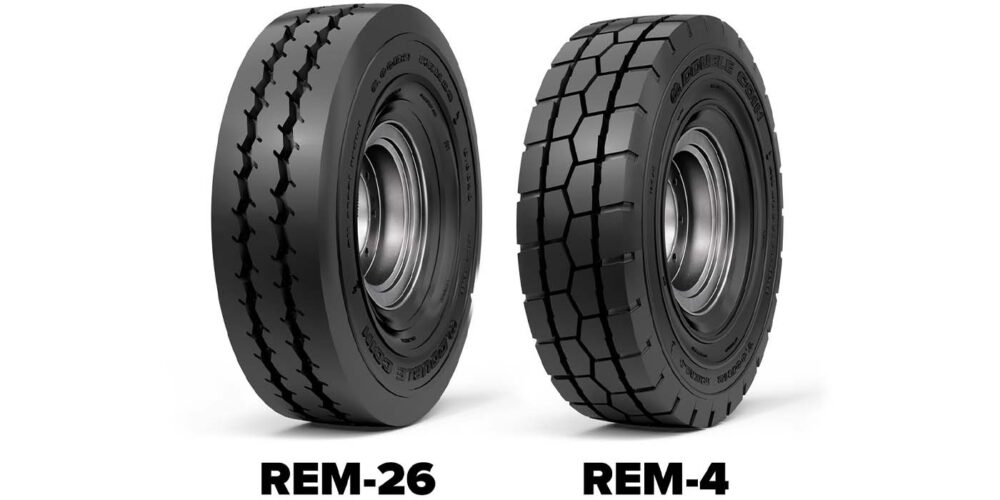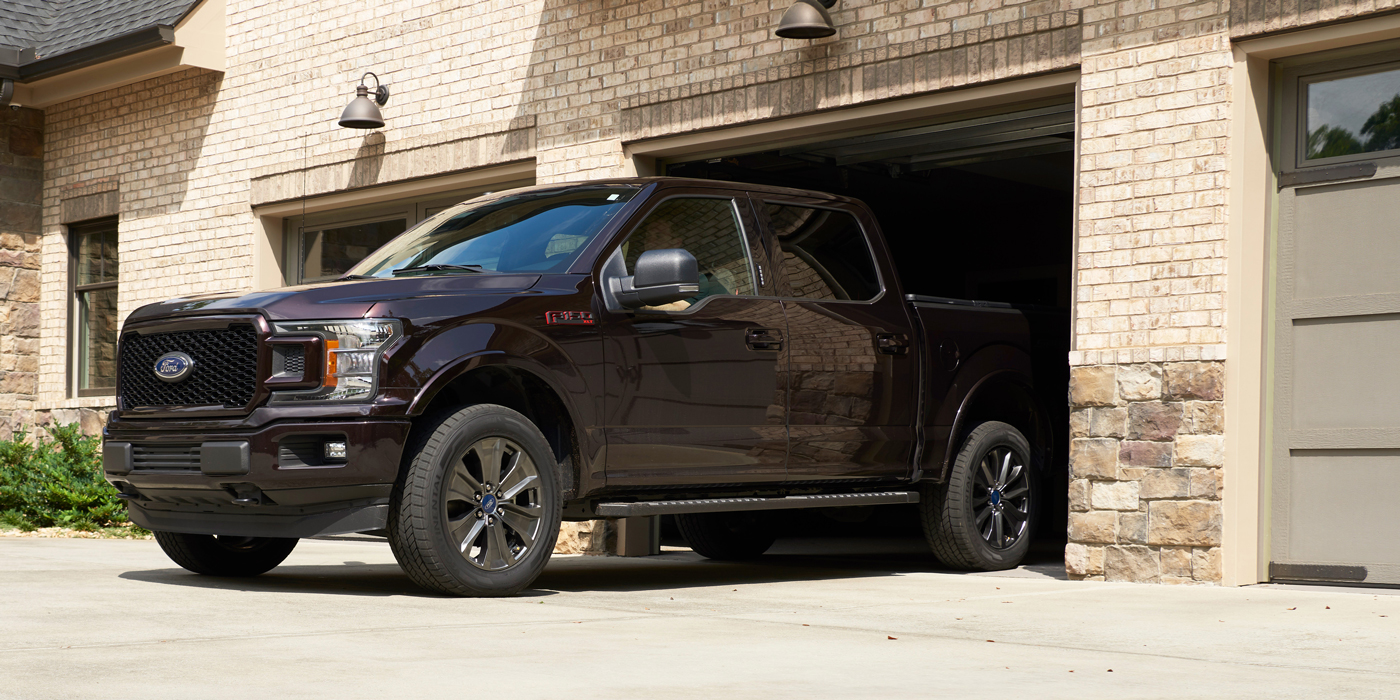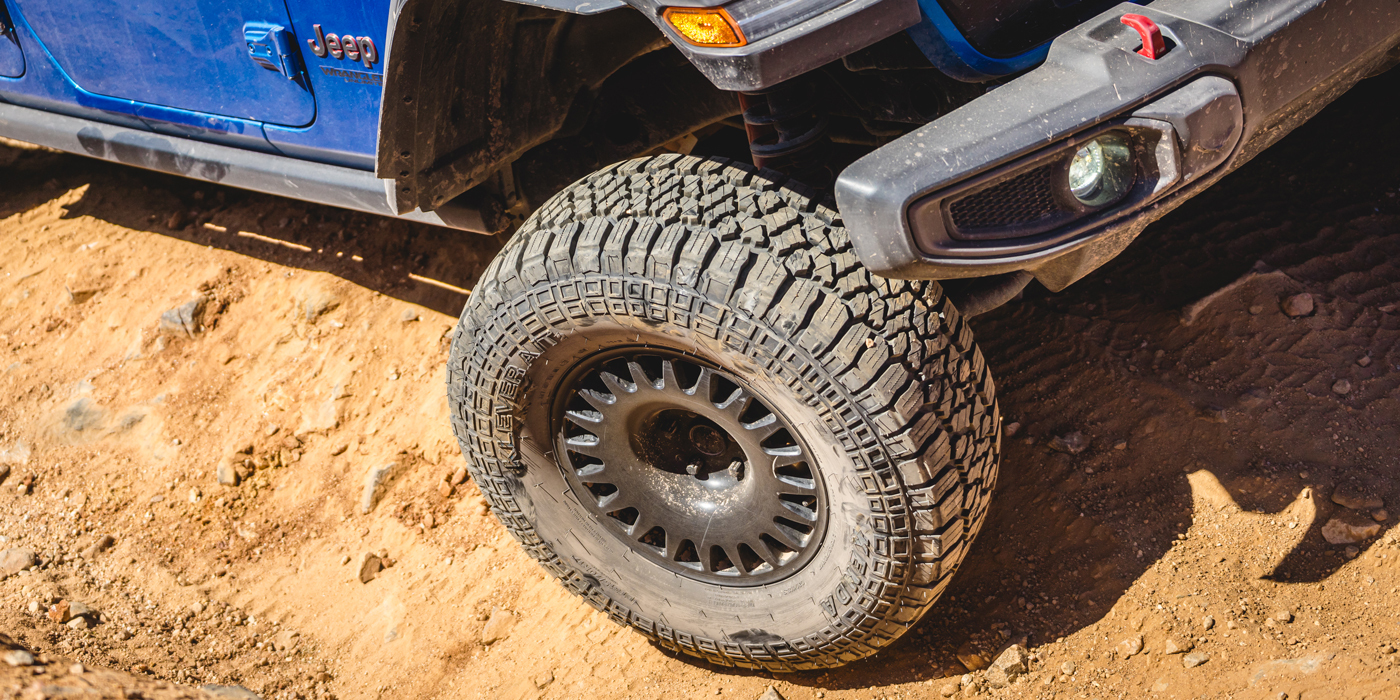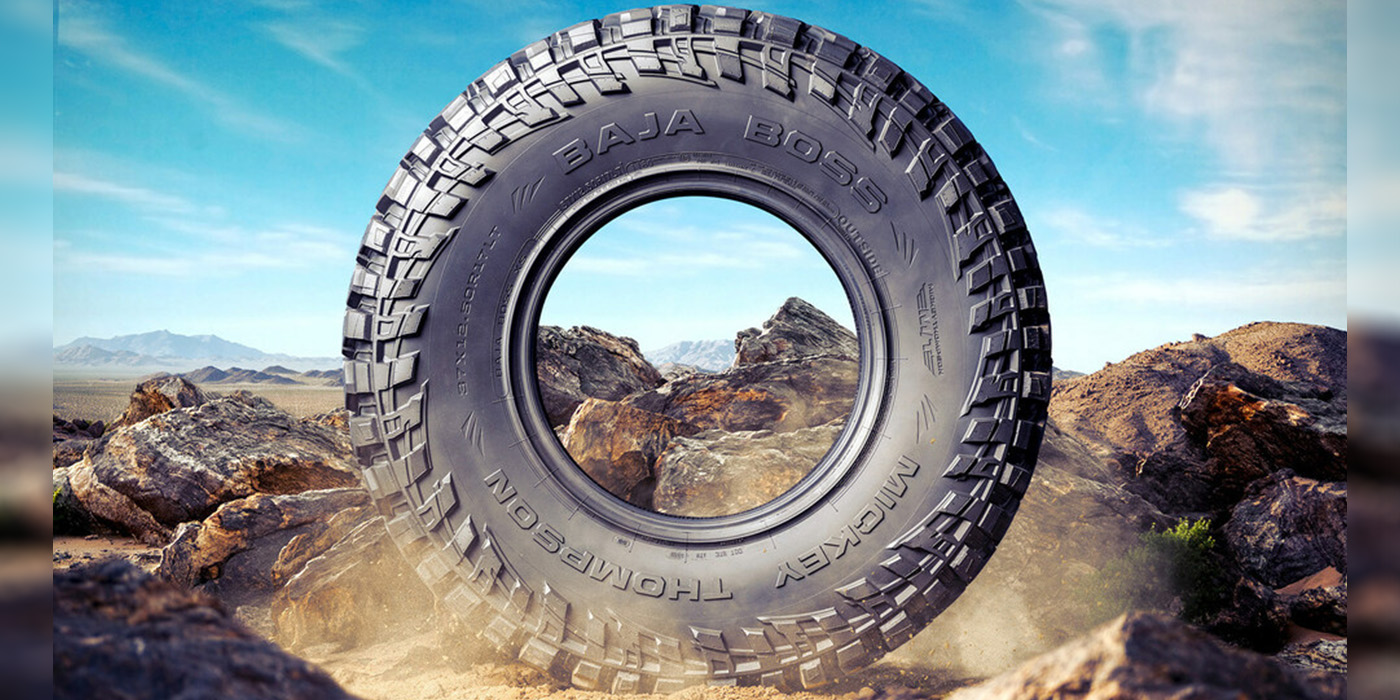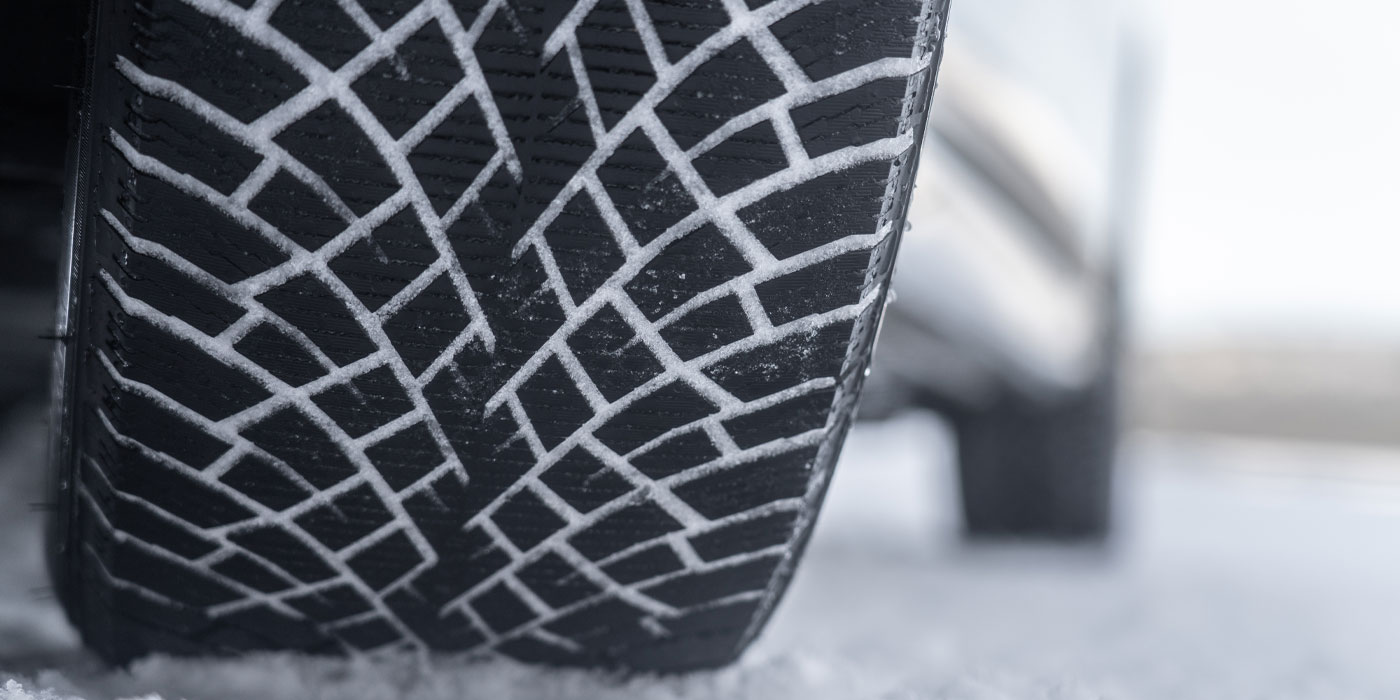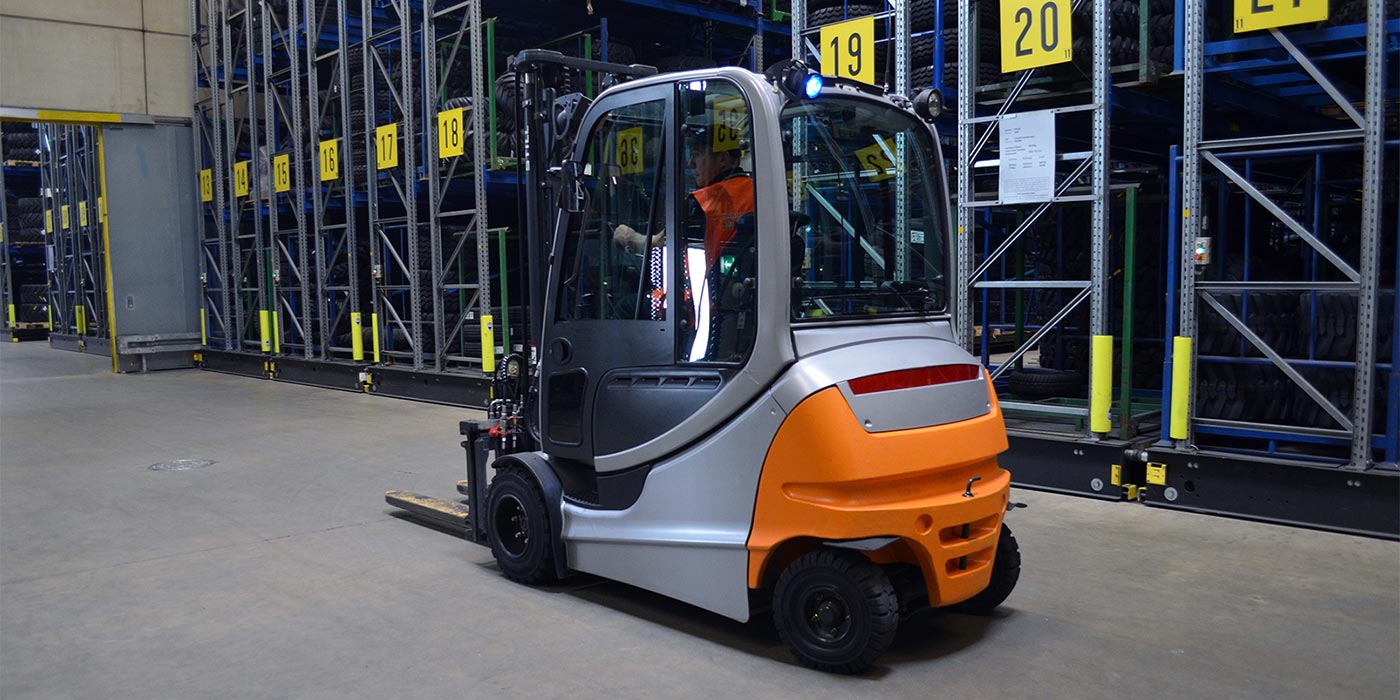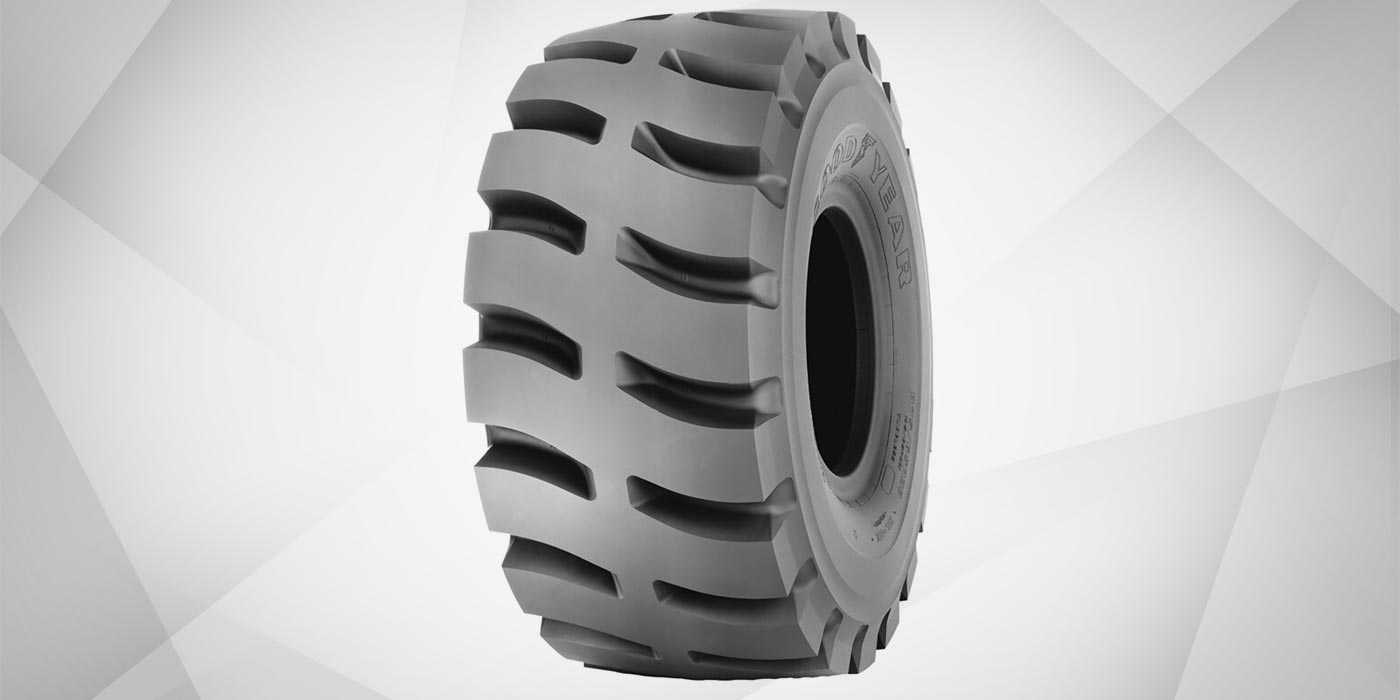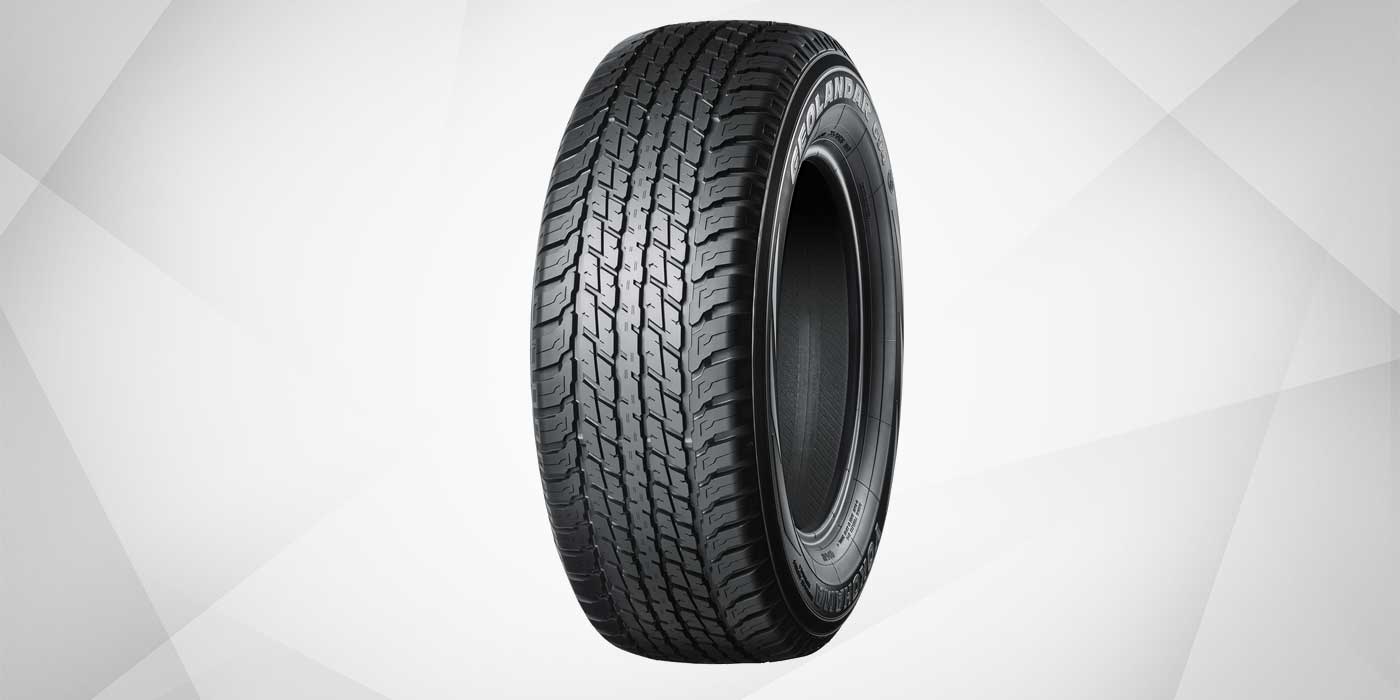When evaluating the private brand tires you carry, ask yourself one critical question: Can they survive a shakeout?
“We are a pull through,” says Pat McLaughlin, president of SURE Tire, a cooperative buying group for private brand tires, about his business. “We can’t push anything into the market. We have to trail.”
Reactionary. That’s the essence of the private brands business for companies like SURE Tire. And considering the recent changes occurring in the private brand segment, this may be the best time for independent tire dealers to evaluate the private brands they carry.
The private brand business, ever changing, is under intense pressure to survive as tire manufacturing evolves. And only the fittest seem to survive. Just to stay in business, a private brander must conform to the needs and wants of the company producing its tires.
And this appears to be having a somewhat negative effect on marketshares, at least according to Dan Hunter, president of Del-Nat Tire Corp. “A few years ago, private and associate brands had about 52% marketshare,” says Hunter. “Private brands had about 36%-38% of that, and the rest was controlled by associate brands. The major brands had about 48% of the market.”
Today, the marketshare for private and associate brands combined is somewhere around 40%. According to Tire Review’s annual Tire Dealer Profile study, private brands had a 25% share of the passenger replacement tire market in 2002, while associate brands had an 18% share and major brands had a 57% share. In 2003, for the same market, private brands took a 23.7% share, associate brands a 17.1% share and major brands a 59.2% share.
Hunter feels the market shift occurring in his own company. “Frankly, we have not grown in the last couple of years at the same double-digit pace we had in previous years,” he says. “That’s an indication of what’s happening in the industry.”
Declining private brand marketshare is due to several factors, according to Hunter. First is the “tremendous consolidation in the private brands area,” he says. Secondly, “pressure is being brought to bear by the manufacturers, pushing private brands out of the marketplace.”
Hunter says it’s all about control. “Manufacturers want to control distribution of their products, and it’s predominantly the in-
dependent tire dealer that services the aftermarket,” he says.
“I think there will be more private branders falling by the wayside,” Hunter concludes.
Survival Skills
Private branders that survive in this environment will be the ones that successfully adapt to a changing tire market and make the right investments, the experts agree.
“Aligning with a manufacturer committed to private brands is extremely important,” insists Dan Wire, CEO of Treadways Corp. But committed doesn’t mean stationary. SKU proliferation, mostly driven by OE, is putting serious pressure on private branders to adapt and change, says Wire. “There is a great amount of pressure to keep up with new sizes. As a private brander, if you can’t do that, each day your line gets a little older and you get further behind the curve.”
SKU proliferation is causing additional manufacturing complexities, which makes production tougher for tiremakers. That trend has forced some manufacturers to pull back from private brands, according to Wire.
SURE Tire is experiencing similar pressures and is working hard to adapt. “We look at new OE sizes to determine where we need to be,” says McLaughlin. “We need to be in the marketplace about three to five years after a new size is introduced.”
Capacity problems, too, are squeezing private branders. “Manufacturers have limited capacity, and they are generally keeping what they do have for their own brands. As a result, most large private branders have been forced offshore,” says Hunter.
To find necessary capacity, more and more private brand marketers are turning to global sourcing, an option which is hardly trouble free. There is still a general perception in the marketplace that tires made overseas are cheap, but that view is misguided, according to Hunter. Those with that perception “are not figuring in unrelated costs, such as freight, duties and liability insurance, which all have to be rolled into the final cost,” he says.
The New Broadline
Private branders are also being pressured to back off from broadline and invest in more premium markets, such as high performance and light truck/SUV. “Manufacturers are looking to improve their product mix by gradually getting away from broadline products traditionally offered by private brands,” Wire says. The higher ticket products, after all, “improve their overall profitability.”
Though manufacturers may not directly tell a private brander to provide a more diversified mix of broadline and performance, “there are certainly messages being sent,” says Wire, “that say, ‘If you want us to produce this tire, you had better give us a good mix of premium products.’”
In response, Treadways has made considerable investments to change its product offering, according to Wire. “Traditionally, private brands have been in the broadline market,” he says. “But now, broadline is dying and has decreased dramatically over the last several years. Dealers are looking for brands that can supply them with the kind of products they are actually selling. The market has moved more toward touring and high performance tires,” says Wire.
SURE’s McLaughlin agrees. “We’ve started to look at the market in a different way,” he says. “We’ve shifted our viewpoint from the 70- and 75-series broadline market and have invested millions of dollars in molds and hardware to expand into 15-, 16-, 17- and 18-inch wheel diameter sizes at 60, 55 and 50 aspect ratios,” McLaughlin says. In addition to the tuner segment, SURE Tire has invested in the growing SUV tire segment.
Tightening the Vice
A big part of the draw of private brands to consumers is their value, as private branded tires are typically priced about 21% to 27% under major brands. At least that had been the case. That may be changing, some say.
“Consolidation at the manufacturing level has resulted in price compression,” says Hunter, “meaning you can buy an associate brand at about the same price you pay for a private brand in the marketplace.” As tire manufacturers gobble up more associate brands to diversify their portfolio, the price spread between associate, major and private brands shrinks, says Hunter.
Pricing pressures are also coming from overseas, adds Hunter. “Private brands are under attack from offshore sources,” he says. “Offshore manufacturers want to promote their brands just like the domestic brands. So, products from Asia are being priced right down at or below the private brands, with the Asian manufacturer’s name on the tire.”
And as the price spread diminishes, so, too, does the difference between private and major and associate brands.
Silver Lining?
Not everyone in the private brand business sees dark clouds on the horizon. Some, like Steve Buck, vice president and general manager of Hercules Tire & Rubber Co.’s tire division, say the private brand business is growing despite its challenges and outside pressures.
“Last year, we added 17 new accounts and increased business with our current customers,” says Buck. “We also added new products. The combination of those things spelled growth for us.” This year, Hercules added two new light truck tires to its TerraTrac tire line: the TerraTrac AT and TerraTrac SUV.
And, unlike major and associate brands, private brands still offer territory exclusivity. This remains one of the most significant differentiators for private branders. Certainly not trivial, exclusivity is key to the private brand business, says Hunter.
Additionally, these brands continue to boast higher profit margins than major and associate brands. According to Tire Review’s 2004 Tire Dealer Profile Study, average gross profit margins for private brand tires were higher than all other brand types in the passenger, high performance and light truck/SUV markets.
“Typically, a private brand sale is more profitable than a major brand sale,” says Buck. Like Hunter, Buck also talks about control, but Buck thinks the control is on the tire dealer’s side. “A tire dealer can advertise his private brand as a value product or something more premium,” says Buck. “And the dealer doesn’t have to worry about someone else down the road advertising it at 20% less.”
Despite their disagreements about where the market is going, the experts all agree on at least one thing: Private brands are here to stay. “Dealers need private brands to give customers a value choice,” says Buck. “A dealer that sells only major brands is missing probably 40% of the market.”
And, despite all the challenges, Hunter still believes that private brands will never be pushed out of the market completely. “There will always be a place for private brands,” he says.
“The long-term viability of private brands is very strong,” McLaughlin adds. “We’re able to go to market with a quality product without associated overhead costs.”
But not every private brand will be successful long term, Wire cautions. In fact, a shakeout may indeed be on the way.
“There is still a lot of room in the marketplace for good, solid private brands,” says Wire. “I think the future is good for those that are willing to make financial commitments to new sizes and types of tires. For those that can’t make the investments, it doesn’t look good.”



